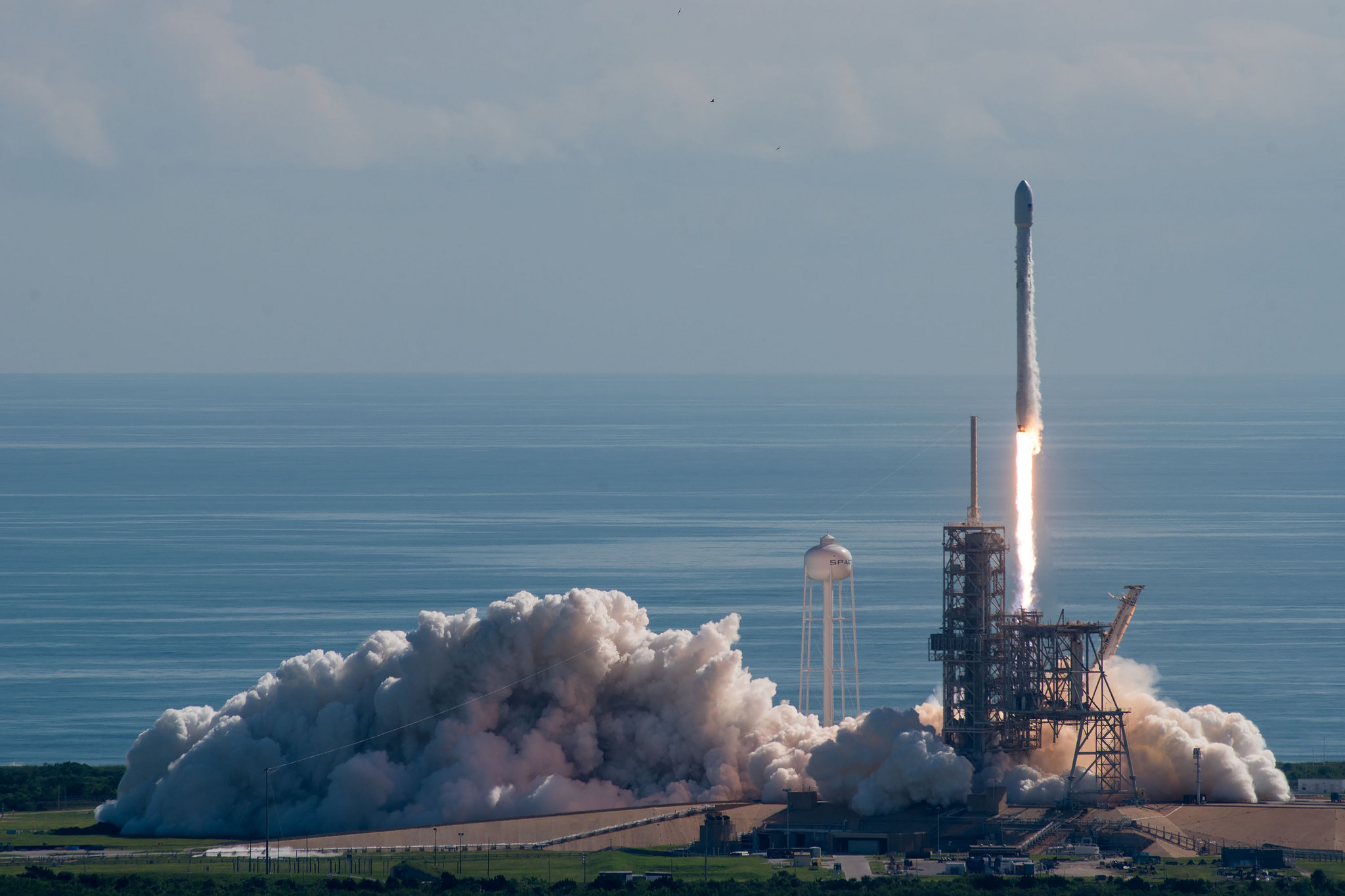SpaceX Rocket to Launch Secret Zuma Mission Thursday Night

Update for Nov. 15: SpaceX has delayed the launch of the Zuma mission 24 hours to Thursday, Nov. 16, between 8 p.m. EST and 10 p.m. EST (0100-0300 GMT). Full Story: SpaceX Delays Launch of Secret Zuma Mission to Thursday | Read our original mission preview below.
Original story:
SpaceX is getting ready to launch a secret satellite to orbit Wednesday night (Nov. 15).
The spaceflight company test-fired one of its Falcon 9 rockets Saturday (Nov. 11) at Florida's Kennedy Space Center (KSC), to help pave the way for the planned Wednesday liftoff of a payload known as Zuma.
SpaceX will loft Zuma for the U.S. government, in a launch procured by aerospace and defense company Northrop Grumman. But we don't know much beyond that; it's unclear exactly what Zuma is, or what it will be doing.
And we probably won't find out, either.
"The Zuma payload is a restricted payload," Lon Rains, communications director of Northrop Grumman's space systems division, told Space.com via email.
Get the Space.com Newsletter
Breaking space news, the latest updates on rocket launches, skywatching events and more!
Rains did add, however, that Zuma is headed for low Earth orbit (LEO), which extends to about 1,240 miles (2,000 kilometers) above the planet. LEO's most famous resident is the International Space Station, which usually zooms around Earth at an altitude of about 250 miles (400 km), completing one lap every 90 minutes or so.
Wednesday's launch is scheduled to occur from KSC's historic Launch Pad 39A — the former site of Apollo moon mission and space shuttle liftoffs — during a 2-hour window that opens at 8 p.m. EST (0100 GMT on Nov. 16).
If all goes according to plan, less than 10 minutes after liftoff, the two-stage Falcon 9's first stage will come back to Earth for a vertical touchdown at Landing Zone 1, a SpaceX facility at Cape Canaveral Air Force Station, which is next door to KSC.
SpaceX has flown 16 Falcon 9 missions so far in 2017, all of them successful, and 13 of them have featured pinpoint first-stage landings. (During the other three missions, SpaceX did not attempt a rocket landing.)
These landings are part of SpaceX's effort to develop reusable rockets and spacecraft — technology that company founder and CEO Elon Musk has said will slash the cost of spaceflight.
Follow Mike Wall on Twitter @michaeldwall and Google+. Follow us @Spacedotcom, Facebook or Google+. Originally published on Space.com.
Join our Space Forums to keep talking space on the latest missions, night sky and more! And if you have a news tip, correction or comment, let us know at: community@space.com.

Michael Wall is a Senior Space Writer with Space.com and joined the team in 2010. He primarily covers exoplanets, spaceflight and military space, but has been known to dabble in the space art beat. His book about the search for alien life, "Out There," was published on Nov. 13, 2018. Before becoming a science writer, Michael worked as a herpetologist and wildlife biologist. He has a Ph.D. in evolutionary biology from the University of Sydney, Australia, a bachelor's degree from the University of Arizona, and a graduate certificate in science writing from the University of California, Santa Cruz. To find out what his latest project is, you can follow Michael on Twitter.









